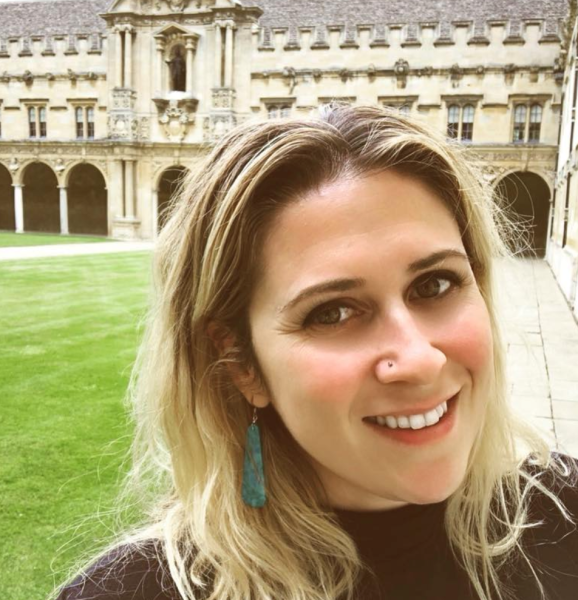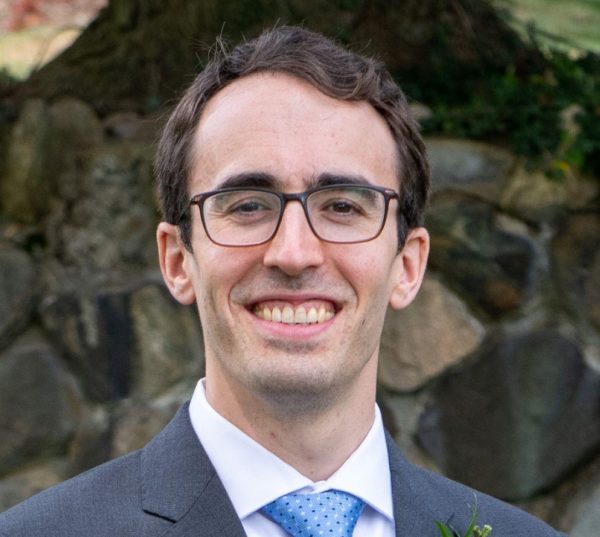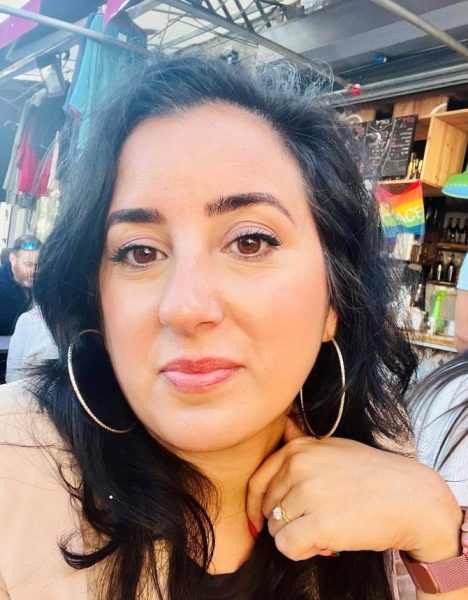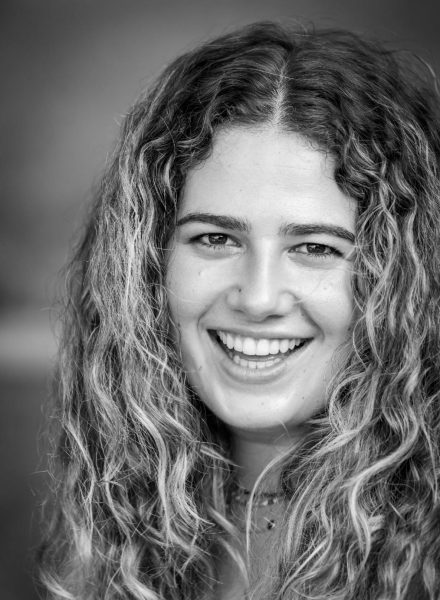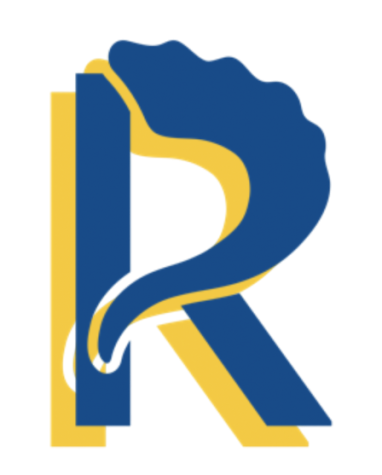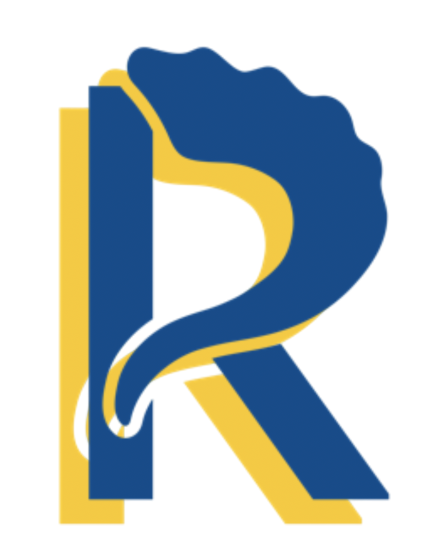Is the Third Language Still Relevant?

Ramaz currently offers French and Spanish as foreign language options, even though other schools offer not only a wider variety of languages (i.e., Arabic and Mandarin being two common ones), but also an opt-out option. Technically speaking, Hebrew serves as our “second language.” Today, there are many Yeshivot, such as Frisch, that offer electives in place of a “third” language. Other Yeshivot require underclassmen to take a language, but allow their students to select other electives by their junior year. This begs the question: should Ramaz maintain the current foreign-language curriculum, or should they move towards an elective system?
Essentially, there are two sides to this debate. Firstly, Ramaz is a modern day Yeshiva that grants students not only an advanced education in Judaic studies, but also in the arts and sciences. Ramaz offers its students a complete liberal arts education, which includes learning another language besides Hebrew. By learning a third language, Ramaz students become more well rounded people. Furthermore, there are many students who love taking a language and even pursue that track to the AP level. This, however, begs the question: why not allow those students to pursue a third language while giving students with other interests the opportunity to pursue an alternative path?
This, essentially, leads us to the second side of the argument. Ramaz students already have a very packed, dual curriculum schedule. Although it is nice to learn other languages, do students really have the time (or energy) to do so for four years? There are many other courses that could interest those students who aren’t necessarily committed to learning a third language. For example, at Frisch, a student can choose between an engineering, art, or music course in place of a third language. This enables students to follow their interests as opposed to being forced to learn something that may not interest them. In an ideal world, we would have enough time to learn everything. The reality is, however, that time constraints exists, and we should have the right to choose how we want to spend our time.
There are many subjects outside our liberal arts curriculum that, in today’s day and age, might be of more interest and relevance to students. For example, wouldn’t it be great if one could pursue an interest in coding, literature, or history to a greater extent? What about courses such as entrepreneurship or economics? How about real estate or architecture? By adding a larger variety of courses to the curriculum, perhaps the school’s student body would become more well rounded and passionate about academics.
Although many students enjoy learning French or Spanish, it would definitely be nice to have other options. Perhaps a good compromise would be requiring the third language in ninth and tenth grade. By eleventh grade, perhaps student should be allowed to pursue other interests through an elective curriculum.


